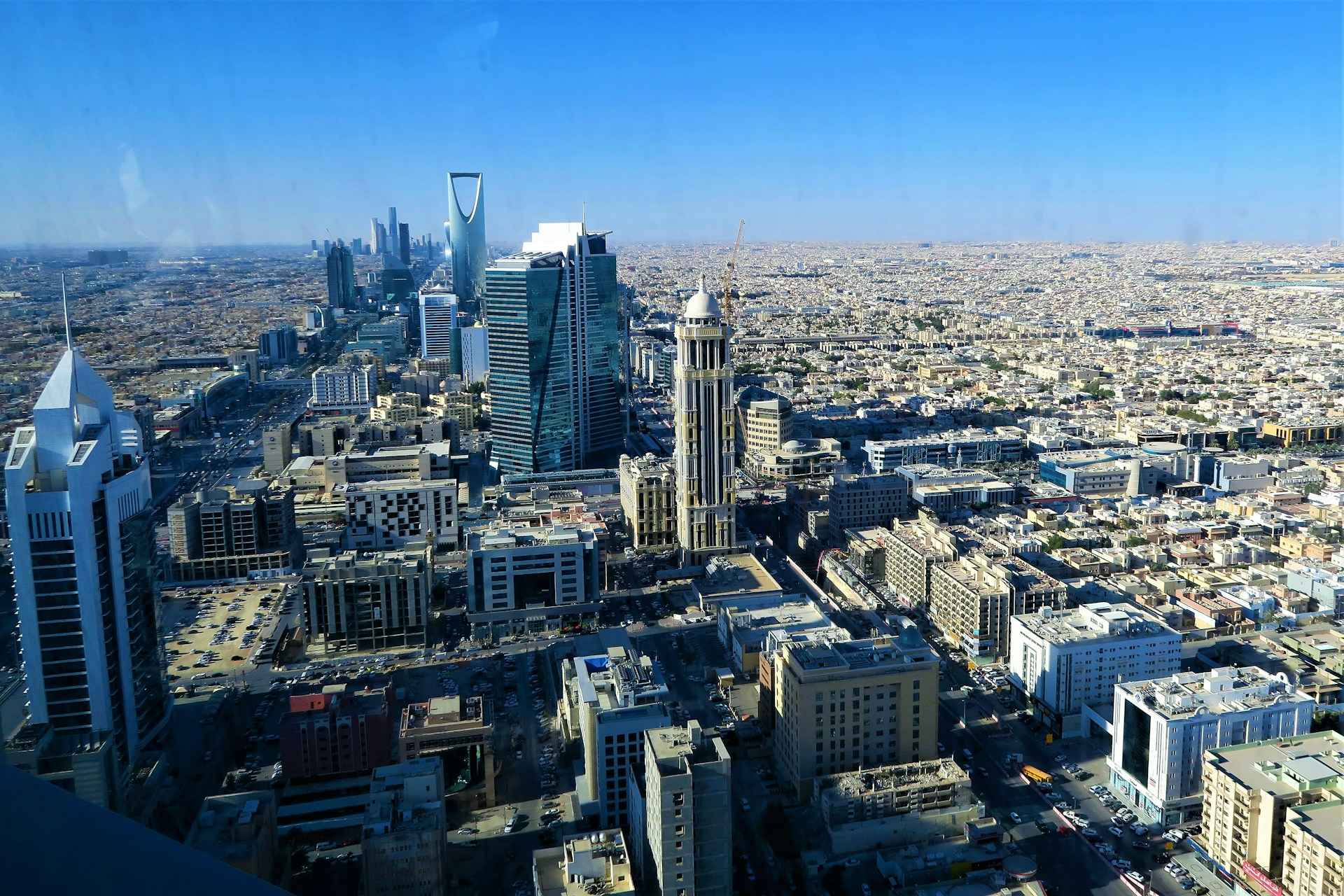
Saudi Arabia is actively pursuing initiatives to attract international talent to the Kingdom, with the most notable being the 2021 labour reforms package. This package grants employees greater freedom to change jobs and travel abroad. Major projects such as NEOM, the Red Sea tourism initiative, and Qiddiys are expanding the Kingdom’s industrial landscape and drawing global attention.
In addition to these projects, the Premium Residency Program (PRP) has helped fast-track residency options for skilled professionals and investors, making Saudi Arabia an attractive investment location.
“In a bid to future-proof its thriving economy, the Kingdom is implementing innovative residency schemes tailored for professionals in research and development across various industries such as healthcare, sustainability, conservation, and the arts, as well as for investors and entrepreneurs,” said Azeem Zainulbhai, Co-founder & Chief Product Officer at Outsized. These policies, Zainulbhai explains, are designed to boost foreign investment and seamlessly integrate skilled professionals into Saudi Arabia’s economy.
Furthermore, Saudi Arabia’s emphasis on technological transformation by leveraging artificial intelligence and data analytics is opening new avenues for skilled talent. A recent study by Outsized, titled Talent-on-Demand, highlights a 142% surge in demand for flexible talent within the MENA region, driven by a growing need for skills in data analytics and sustainability.
“This shift towards a flexible, skilled, independent workforce aligns with the Kingdom’s strategic objectives and also reflects its adaptation to a dynamic global business landscape,” added Zainulbhai.
Key benefits to attract international talent
The job market in Saudi Arabia is becoming increasingly competitive, with employers vying to attract the best available talent. Consequently, employee benefits and wellness programmes are becoming more significant.
“Saudi Arabia offers several benefits to attract international talent. One major attraction is the tax-free salaries common in the Gulf region, which provide a significant financial incentive,” said Manu Sharma, Human Resources Manager at Dahbashi Engineering. The country has also become a major market for international talent in sectors such as technology, engineering, management, and hospitality. Local employers within these sectors are offering attractive salaries and additional benefit programmes to attract talent.
“Besides the mandatory benefits of paid leave and basic health insurance coverage, many companies are providing additional voluntary benefits to lure the talent pool,” said Khurram Shehzad, Director of Proven. Examples of benefit programmes include tuition fees for children, joining bonuses, flexible work arrangements, and annual travel tickets. Companies are also introducing performance/KPI-based bonus schemes, arrangements for bank loans, employment retention bonuses, and other learning and development opportunities.
“These additional benefits and programmes play a significant role in attracting and retaining talent in Saudi Arabia,” Shehzad said. Besides these add-ons, the fundamental components of the job still play a pivotal role in motivating employees to work for an employer. The three key elements are: a competitive base salary package, employee/job satisfaction, and employer branding.
The government’s robust investment in infrastructure, including the opening of new international schools, is attracting expatriate families seeking a good quality of life.
“It is important to note that Saudi Arabia is in the process of social and cultural reforms. While it is becoming more open and preferred, international talent should also consider the cultural landscape and the limitations before considering a long-term move,” added Shehzad.
Attracting talent amid challenges
Relocating to Saudi Arabia presents several challenges that professionals should take into account. One major hurdle is the language barrier. While English is commonly used in business environments, Arabic predominates in more remote areas, which can pose significant difficulties.
“Despite these challenges, with the right mindset and resources, many expatriates successfully adapt and thrive in Saudi Arabia,” said Sharma. Sharma further explains that, despite numerous reforms in recent years, some restrictions on social freedoms persist. A significant challenge is the dependent fees, which force expatriates to pay a monthly amount for each family member, adding substantial costs for those with families.
The development boom has also triggered inflation, impacting the cost of living. In recent years, accommodation rents have risen sharply. Additionally, adapting to local culture and social norms, including conservative dress codes and gender interactions, can be challenging.